Studying in small chunks is an excellent way to maximize learning and retain information. It will force you to think more about what you are learning rather than rushing through your assignments. Taking notes and taking tests are other ways to maximize learning. Taking breaks in between tasks will allow you to refresh your mind and re-focus.

Studying in smaller chunks
One of the most efficient ways to study is to break down your material into smaller chunks and study them over a period of days or weeks. This will maximize your learning potential and help you ace your exams. This practice is called distributed practice and is effective for maximizing learning because you will spend less time overall than you would if you were cramming for a test in one long marathon session.
Taking notes
Taking notes can be an effective way to study. It forces you to pay close attention to the instructor and the material being presented, and it is also helpful to organize your notes in an orderly manner. One way to make your notes more organized is by constructing an outline or bullet points. These can help you organize your notes better and save you time. It is also a good idea to add symbols and colors to your notes so you can easily identify the relationships between ideas and key points.
Taking tests
There are several strategies you can use to maximize your learning when you take a test. First of all, you should determine the importance of each section and then prioritize how much time you can devote to answering each question. Depending on the format of the test, you might want to start with the easy questions first and work your way up to the tough ones. Also, you should know how much time you need to complete essay questions, which typically take a longer time than other types of questions.
Interleaving
Interleaving is a teaching strategy that allows students to practice new concepts before tackling a new topic. It is a method that repeats throughout a course and works well when the subject is complex and requires a deep understanding. However, it does not work as well with subjects that are taught in bite-sized pieces.
Applying new knowledge
During the learning process, students need to apply new knowledge to real-world situations. This can be done in several ways. First, students should determine a task or problem they would like to solve. Second, students can work in groups to apply their academic knowledge to real-world situations. Colleagues will have different perspectives and may offer solutions that they wouldn't have thought of otherwise.
Taking a break
It may seem counter-intuitive, but taking breaks can help you focus, increase productivity, and improve your health. One of the most important parts of a break is detaching from your work. To do so, avoid talking about work or engaging in stressful activities like texting. Instead, try to unplug and engage in a simple activity, like a short walk. Time spent in nature is particularly healthy, as it can improve your focus and creativity. A quick nap can also be beneficial.
Getting feedback
Feedback is one of the most important ingredients of learning success. Effective feedback guides and shapes the learning process, so that students can adapt their strategies to succeed. Students benefit from feedback that is timely and specific. Ideally, feedback should be delivered during the learning process, and teachers who are student watchers are most likely to provide effective feedback. Small changes in how feedback is delivered can make a huge difference. This article explores three aspects of feedback and offers an outline for giving effective feedback.